Retiree Spotlight
Jonathon Glassman’s Career
This Summer, our esteemed colleague, prize-winning student—and conscientious teacher—of Africa’s past, Jon Glassman will retire from the History Department at Northwestern, after 34 years on the job. Jon came to Harris Hall in 1989, having earned the PhD in History from University of Wisconsin-Madison in 1988, studying with Steve Feierman, himself a Northwestern PhD (1970).
In 1985 and 1986, Jon carried out research in Tanzania, England, and the then-two Germanies for his PhD, funded by grants from the Social Science Research Council and Fulbright-IIE. Fluent in Kiswahili, Jon lived and learned from many people in Dar es Salaam, Zanzibar, and Pangani, Tanzania.
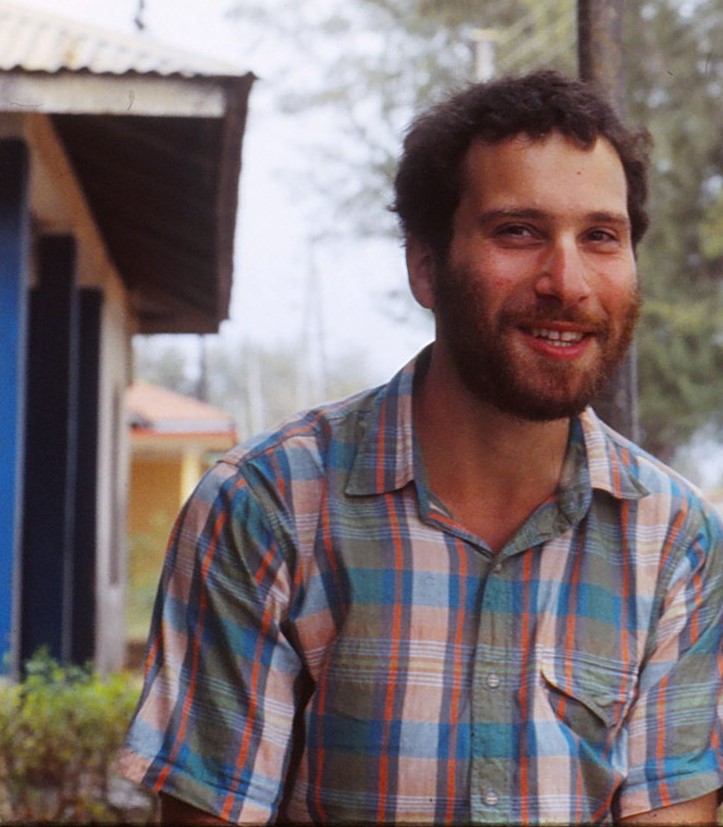 His most intensive period of learning unfolded in Pangani, a coastal port town at the mouth of the Pangani River. Jon was researching the 19th century, when Pangani was one of several thriving entrepôts connecting long distance trade in ivory and slaves from Africa’s center, along with cash crops like sugar cane grown near the coast by enslaved people, with financiers and patrician merchant capitalists of Zanzibar, Gujarat, London, and Salem. While Jon spent many hours talking with Pangani’s historians he was particularly adept at reading written sources closely, including many in Kiswahili.
His most intensive period of learning unfolded in Pangani, a coastal port town at the mouth of the Pangani River. Jon was researching the 19th century, when Pangani was one of several thriving entrepôts connecting long distance trade in ivory and slaves from Africa’s center, along with cash crops like sugar cane grown near the coast by enslaved people, with financiers and patrician merchant capitalists of Zanzibar, Gujarat, London, and Salem. While Jon spent many hours talking with Pangani’s historians he was particularly adept at reading written sources closely, including many in Kiswahili.
Jon is celebrated for his scrupulous scholarship which takes on hard questions of slavery and race with a clear-eyed respect for the complexities of the historical actors in his stories and the broader contexts of their lives. He is allergic to unfounded generalizations, unfailingly respectful of the limits of historical evidence but not afraid to push a little beyond to create a fuller scene.
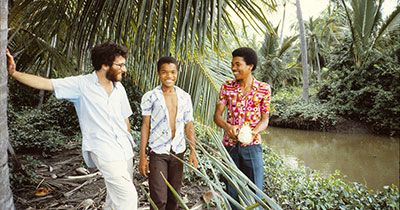
He is a careful writer, each sentence receiving repeated weeding and watering. One wants to read every word of his books and articles, to appreciate the craft and to enjoy the build of his argument. This is why his scholarship is central to the field of modern African history as well as to comparative approaches to slavery and race in Africa and elsewhere. Few of us have the impact on our chosen fields in ways as broad and deep as Jon’s work has had. Jon has been rewarded for this kind of care with two prizes and one honorable mention for his books on Tanzania’s 19th and 20th centuries. He has won many fellowships and grants from sources in the U.S., including a fellowship from the John Simon Guggenheim Memorial Foundation, in 2002. He was twice offered a fellowship by the National Humanities Center (NHC). In 2014, he declined a fellowship from Humboldt University in Berlin to accept one from the NHC. While working at Northwestern, Jon was offered 9 external fellowships in all.
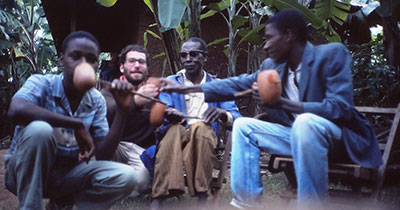
Jon’s undergraduate teaching ranged broadly and deeply. He taught lecture courses such as “Twentieth-century Africa” and “South Africa to 1886.” The last one begins in the deeper African past so students could appreciate the importance of ongoing African intellectual projects in shaping imperial, colonial, and postcolonial Africa. He was famously well-prepared, but not in an overbearing way, showering too much information on his students. The many hours he spent composing and revising lectures were meant to have the opposite effect. Rather than feeling drenched in details, his lectures helped students understand the African past as Africans themselves understood it, placing the chapter a lecture told in the context of a sweeping narrative.
The History department is fortunate to attract the very best graduate students to work and study at Northwestern, particularly in African history. Since the early 1960s, Harris Hall has been a leading center for producing knowledge about the African past which engages deeply with African-language sources and intellectual traditions. Jim Brennan, who studied with Jon, has compiled a list of more than 110 PhDs earned in African history, with the guidance of 12 different supervisors, 6 of which supervised 104 of that total. The great majority of those scholars went on to tenure-track professorships or Government positions, where they shaped their fields.
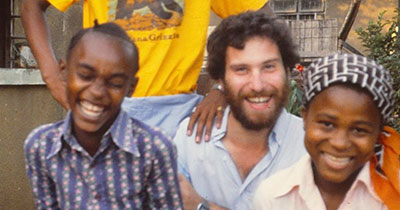 Jon has carried on that tradition, famous for helping young scholars find their own voice in a crowded field. He has trained fourteen of them, with two more soon to finish. They have received tenure-track positions at places like Kenyatta University in Kenya, The School of Oriental and African Studies at the University of London, University of Wisconsin-Madison, University of Illinois, University of California at San Diego, SUNY Binghamton, Virginia Technical University, University of Mississippi, University of Northern Colorado, and the American University in Paris.
Jon has carried on that tradition, famous for helping young scholars find their own voice in a crowded field. He has trained fourteen of them, with two more soon to finish. They have received tenure-track positions at places like Kenyatta University in Kenya, The School of Oriental and African Studies at the University of London, University of Wisconsin-Madison, University of Illinois, University of California at San Diego, SUNY Binghamton, Virginia Technical University, University of Mississippi, University of Northern Colorado, and the American University in Paris.
In 1999, I joined Jon in Harris Hall and learned the ropes of graduate training, our closest form of collaboration. Jon was already famous. His Master Thesis on the economic history of the Pangani Valley was assigned reading in graduate seminars at the University of Florida. (Jon would never assign his own work in a Seminar he was running for fear that to do so would make it difficult for the members of the Seminar to speak critically about it). It is difficult to catalog all that he taught me by example. How to put students at ease. How to draw out an idea of theirs, the value of which they did not yet see, and hand it right back to them, to keep. How to express criticism by wrapping it in as much honest praise as possible. Many more come easily to mind. When graduate students reached the stage of grant-writing, research, and dissertation writing, Jon was a supportive, engaged, responsive student of his students. He learned as much from them as they learned from him, and he never missed a chance to credit them.
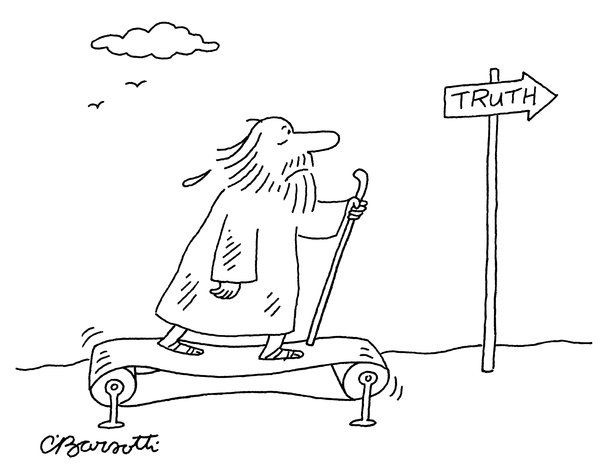
For all Jon’s accomplishments and influence in his chosen field of endeavor, what stands out to me is his blend of humility and empathy. Jon’s towering, but subtly deployed, intellect can bring people up short when they first encounter him. He sees the heart of things very clearly and does not look away. But his warm, self-effacing manner immediately puts one at ease. What I’ve written here will surely embarrass Jon. He does not favor this kind of individualized celebration. His insightful rigor, refreshing self-doubt, and unparalleled tact, as well as the enduring value of his scholarship and the unfolding creativity of his students, leave a lasting mark.
By David Schoenbrun
April 2023
